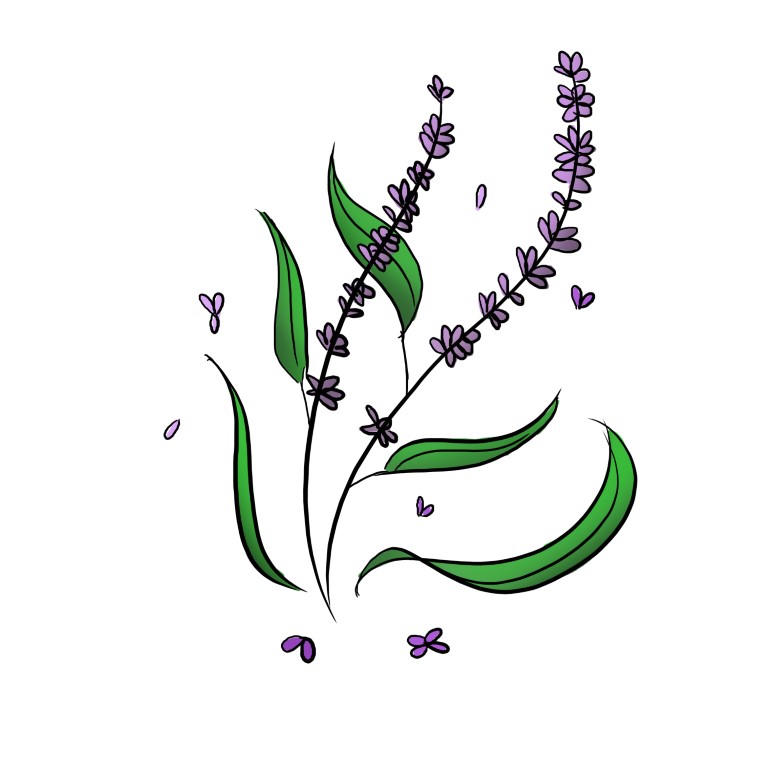
The effects of weed on mental health
By Jessica Berget, Staff Writer
Pot, weed, the devil’s lettuce—whatever you want to call it, and whatever your stance on it is, marijuana has been used as a medical aid for years and, given its popularity in many countries (especially in Canada), it looks like it is here to stay.
Marijuana has been used for a variety of health conditions, dating back to almost 400 years ago when it was first used in India to relieve stress and symptoms of anxiety and depression. Ancient Indian medical literature describes the effects of marijuana as helping the user to be “delivered from all worries and care.” The drug became increasingly popular as it spread through Asia, Africa, and the Middle East. Eventually it was prescribed for almost everything, including pain relief, nausea, and even childbirth.
Four hundred years later, and pot is still being used and often being prescribed medically to treat a number of physical illnesses. The main ingredient in medical marijuana, called tetrahydrocannabinol (THC), is being used to relieve pain and nausea from such things as cancer, arthritis, and Crohn’s Disease. Although it is used quite often in these instances, the prescription of medical marijuana to treat mental illnesses such as anxiety and depression has become scarce since the days of Ancient India. However, that hasn’t stopped people from using the drug, and considering how easy it is to get a dispensary card in Vancouver, why would it? When you sign up for a dispensary card in Vancouver, they ask you to list your mental or physical symptoms that marijuana can help you with, and ’that’s it. Considering these dispensary cards aren’t official medical marijuana licences, it’s hard to get an exact number on people who use it, but taking into account the number of times I smell or see people smoking weed in Vancouver, I can assume it’s a lot.
The second ingredient prominent in marijuana that relieves the symptoms of anxiety and depression is called Cannabidiol, also known as CBD. Contrary to popular belief, CBD reaps better medical benefits than THC, and strains of medical marijuana are bred and grown with varying levels of CBD to treat a variety of conditions. The effects of CBD provide the users feelings of euphoria, calmness, and better sociability, effects opposite those of anxiety and stress related mental illnesses.
As someone who is constantly on edge, I do often use pot to relieve me of my symptoms of chronic anxiety and depressive episodes, and have found it incredibly helpful in managing my daily stress. Since using the drug, I have found I am much calmer as a person, and I am no longer crippled with feelings of self-doubt and frustration. Although it has worked in my favour, keep in mind that pot effects everyone differently, and different doses have particular effects—and sometimes these effects can be quite negative. Many people report marijuana actually worsening their symptoms of anxiety and depression, and it can give you bad dreams, paranoia and short term memory loss. Though not addictive, pot—like all drugs—does still alter your brain chemistry, so using it on a regular basis to self-medicate or to treat severe emotional disorders, such as manic depression or bipolar disorder, is not advised.
Although marijuana is helpful in treating anxiety and depression, this treatment is mostly short-term and does not actually cure mental illnesses in the long run; rather it merely helps to manage it. Therapy and medication is the best long term solution for mental illnesses. If you are suffering from a mental illness, pot may not be the answer, but it can be an easy short-term solution.



